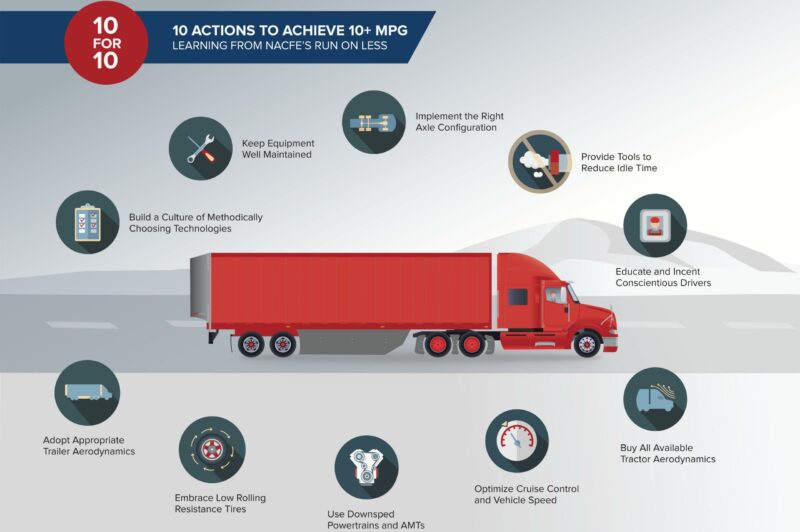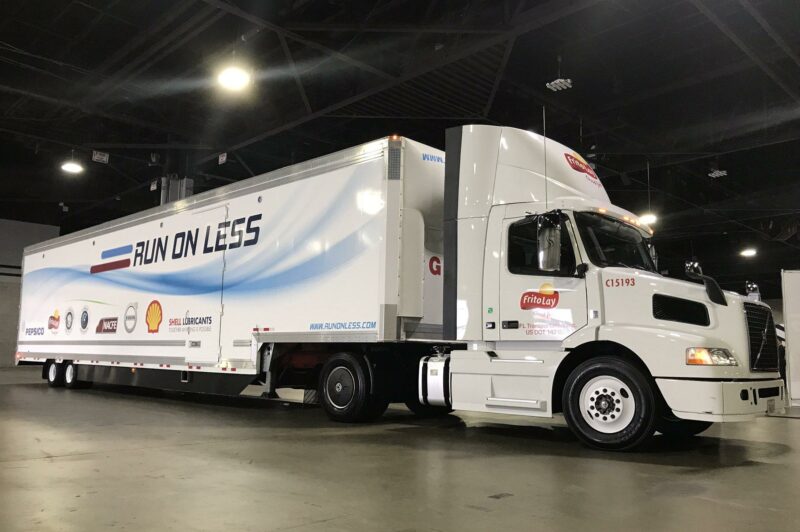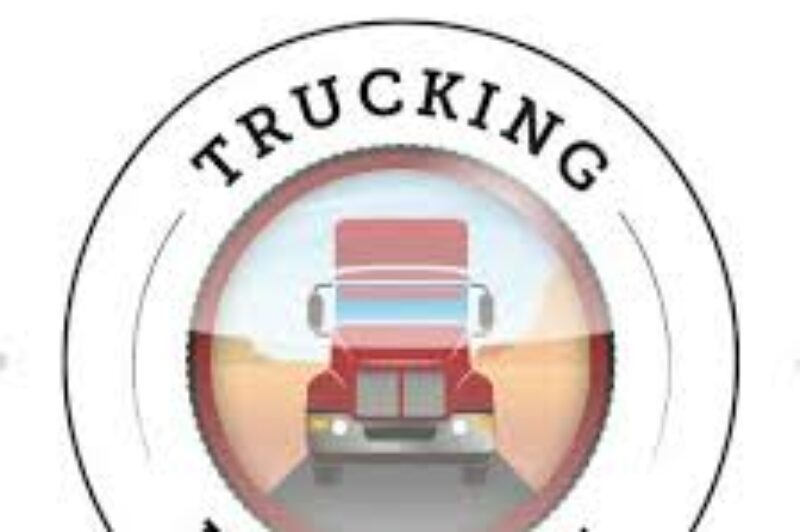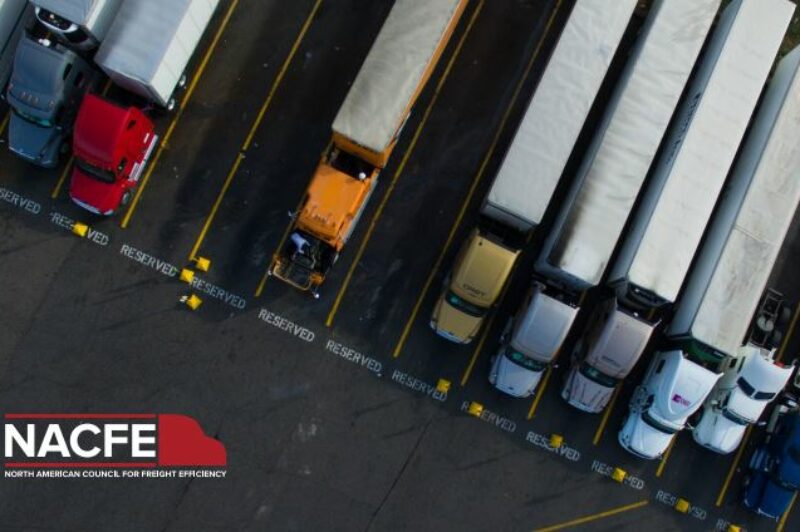
Expect more Run on Less from NACFE
The North American Council for Freight Efficiency has unveiled a new look and redesigned website (www.nacfe.org) as it widens its focus beyond the fuel-saving equipment and components on the road today. The organization’s original goal was to promote the doubling of freight-moving efficiency. And the recent Run on Less event proved that target is “pretty practical”, said executive director Mike Roeth, during a briefing at the Technology and Maintenance Council’s annual meeting. Seven trucks participating in Run on Less proved an average of 10.1 mpg (23.3 L/100 km) is possible with existing technologies, and under real-world operating conditions. This compares to a national average of 6.4 mpg (36.75 L/100 km), and U.S. Department of Energy super trucks achieving 11-13 mpg (21.38-18.09 L/100km).


